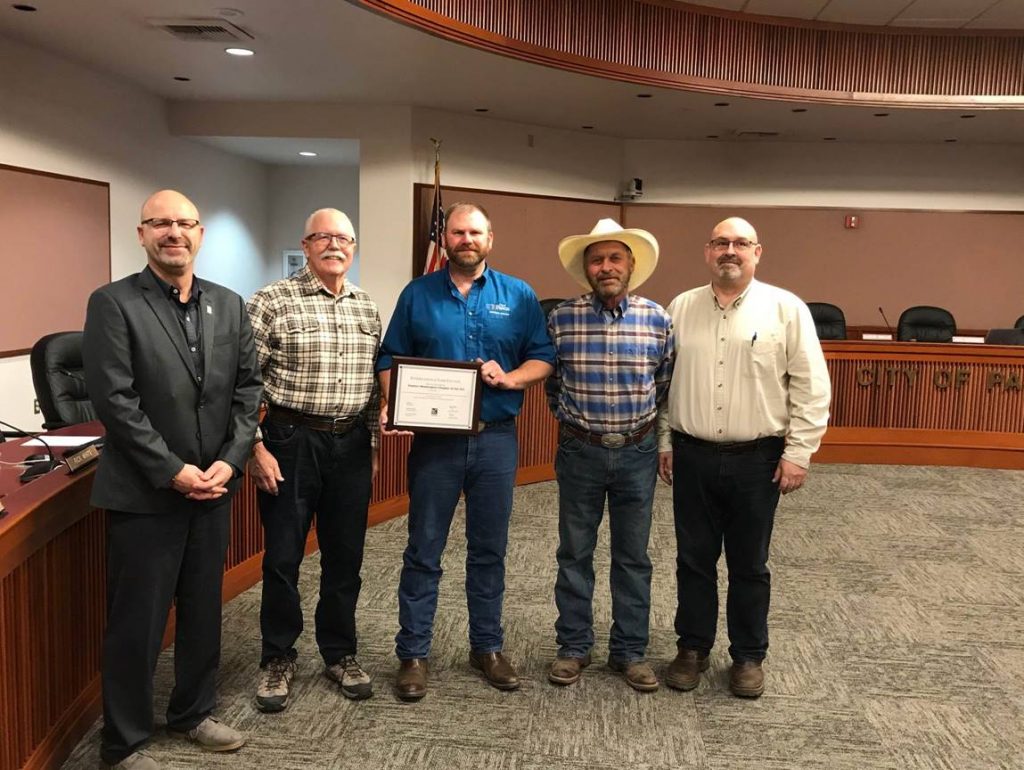
Gary Lampella Helped form the newest Washington ICC Chapter.
Congratulations to Gary Lampella!
Gary was elected to the Eastern Washington Chapter of ICC’s Board of Directors.
How do permits protect a home?
Permits ensure that a certified inspector will inspect the construction project or installation. Inspections make sure work is done safely and to code. When a city or county inspector approves work, a homeowner can get questions answered and know that the work has been checked for any safety violations. This is of particular value to the do-it-yourselfer who doesn't make installations every day. Incorrect installations can result in house fires, flood damage, and/or structural problems.
Permits ensure that licensed contractors do the work if the homeowner doesn't handle the job. Only Construction Contractors Board (CCB) licensed contractors, and those who carry a trade license (such as plumbers and electricians) are allowed to legally work in Oregon. State and local building departments issue permits only to contractors who are properly licensed and bonded.
What about value?
Inspections ensure that work meets the building code. Not only do they reveal minor problems that could lead to costly repairs, but also liability and life-safety concerns like structural weaknesses, dangerous wiring or defective plumbing.
When it comes to selling a house, realtors and lenders require that any construction work is done with permits to ensure that the house is safe for future occupants. Instead of closing on their home, homeowners have to scramble to catch up with permits, inspections, and additional repair work if the installations are not made to code.
Here's what homeowners can do to protect themselves:
- Insist on permits! It simply doesn't pay for homeowners to cut corners when it comes to their biggest financial asset, their home.
- Check a contractor's State Contractor license to ensure that the contractor is legally licensed and bonded to work in Oregon. Beware of a contractor willing to work without permits.
- Use, or insist that the contractor uses, only licensed plumbers and electricians. Along with homeowners working on their own homes, only licensed plumbers and electricians are legally allowed to do plumbing or electrical work in Oregon. Their professional license reflects four years of intense training and annual continuing education. A plumber's or electrician's license is insurance that they are qualified to do the work.
A Special Note on Woodstoves
Smoke created from wood burning can be a significant source of air pollution and can have serious health consequences for those with asthma, respiratory or heart conditions, or other illnesses. Children and the elderly are especially at risk. DEQ has developed the statewide woodstove program to promote the use of cleaner burning woodstoves, and to help homeowners burn more efficiently and with less pollution. Your community may have additional rules governing the use of woodstoves and fireplaces. Check with your city or county government to ask about local wood smoke ordinances.
